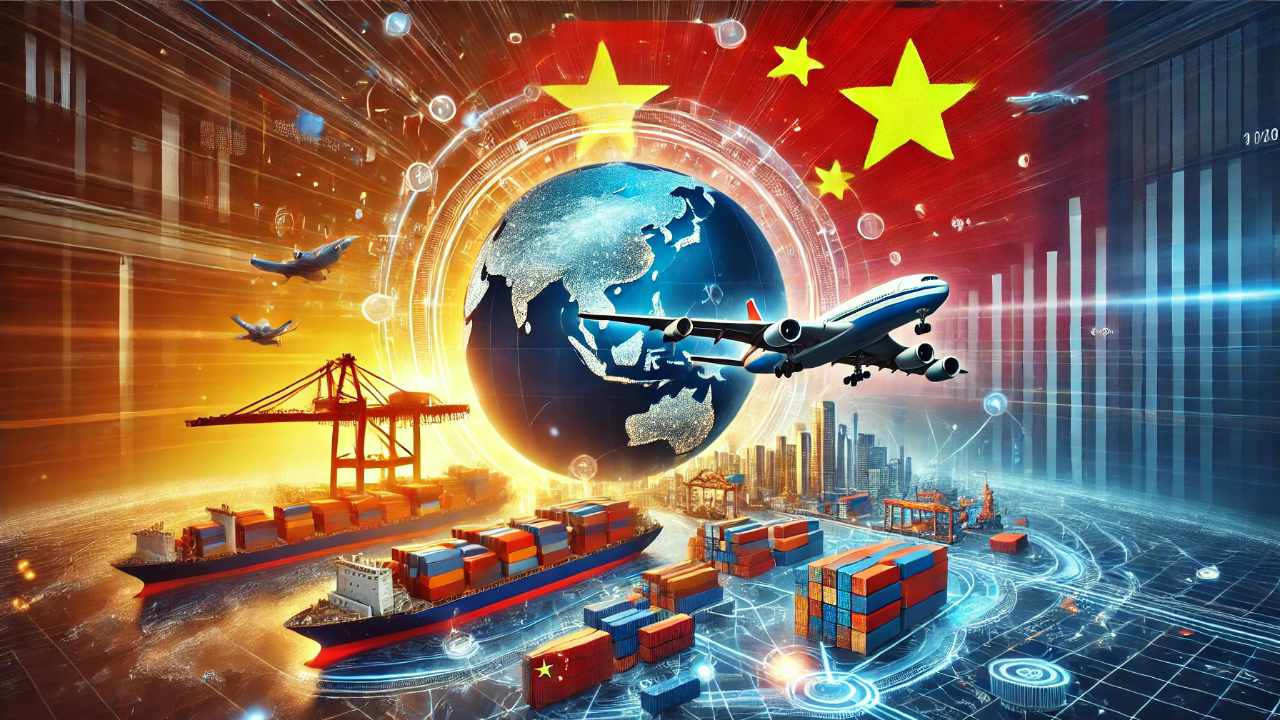China’s slowing economy may lead to a redefinition of its global trade relationships, especially with the Global South. Georgetown University’s Ning Leng predicts that China may increase investments in regions like Southeast Asia and Latin America due to internal economic challenges. This economic shift could have significant global implications.
This article originally appeared on news.bitcoin.com
China’s economic slowdown has been a topic of discussion for years now, with many experts predicting that it will eventually have a significant impact on global trade. As the world’s second-largest economy, China plays a crucial role in the global supply chain, and any slowdown in its economy is sure to have ripple effects around the world.
Experts believe that the ongoing economic slowdown in China will lead to a shift in global trade patterns, with countries looking to diversify their trading partners and reduce their reliance on Chinese imports. This will likely lead to increased competition among other countries for a share of the global market, as well as increased protectionism and trade tensions.
One of the key ways in which China’s economic slowdown will transform global trade is through changes in the global supply chain. As China’s labor costs continue to rise and its economy slows down, many companies are looking to move their manufacturing operations to other countries with lower costs, such as Vietnam and Indonesia. This shift in production will have widespread implications for global trade, as companies reevaluate their relationships with Chinese suppliers and look to new markets for sourcing.
Furthermore, China’s economic slowdown has also led to a decrease in Chinese demand for commodities such as oil, iron ore, and copper. This has had a significant impact on commodity-exporting countries, particularly those in Africa and Latin America, which rely heavily on Chinese demand for their natural resources. As Chinese demand continues to decline, these countries will need to find new markets for their exports and diversify their economies to reduce their dependence on China.
In addition to changes in the global supply chain and commodity markets, China’s economic slowdown is also likely to lead to increased protectionism and trade tensions. As China struggles to maintain economic growth, it may resort to protectionist measures such as tariffs and quotas to protect domestic industries. This could trigger a wave of retaliatory measures from other countries, leading to a slowdown in global trade and disrupting the interconnected nature of the global economy.
Overall, it is clear that China’s economic slowdown will have far-reaching implications for global trade. As companies and countries adjust to the changing economic landscape, there will likely be increased competition for market share, shifts in the global supply chain, and rising protectionism. It is essential for businesses and policymakers to stay informed and adapt to these changes in order to navigate the evolving global trade environment successfully.
Source link

